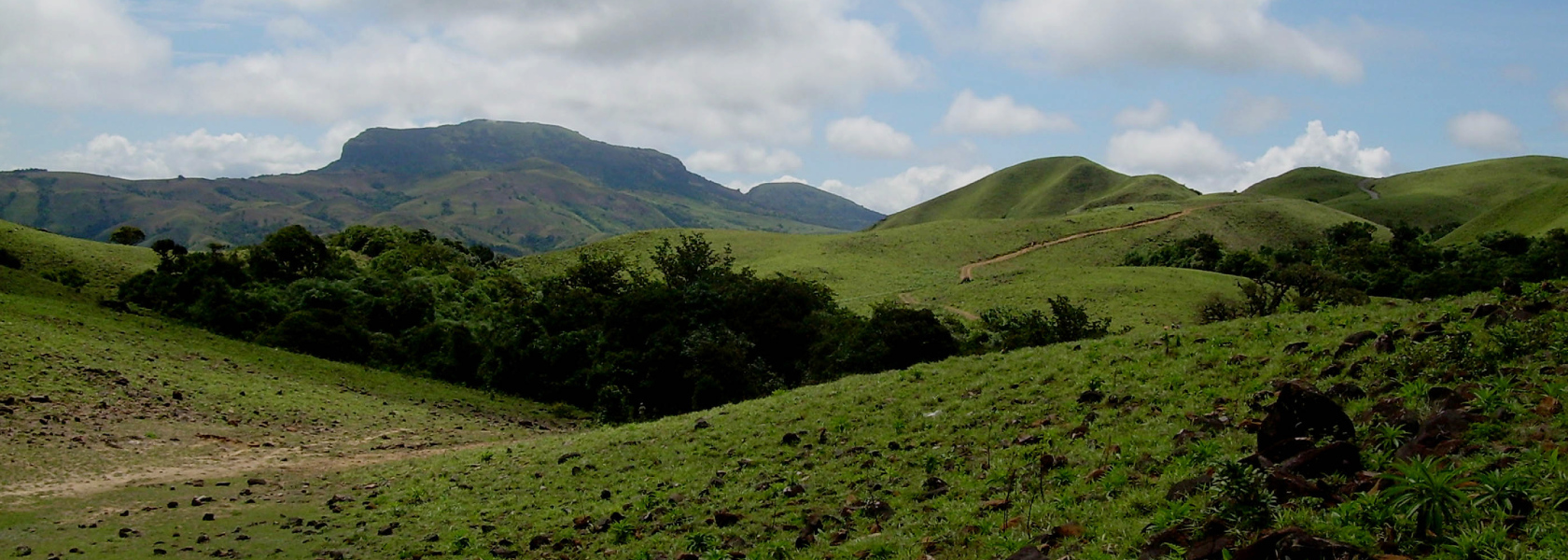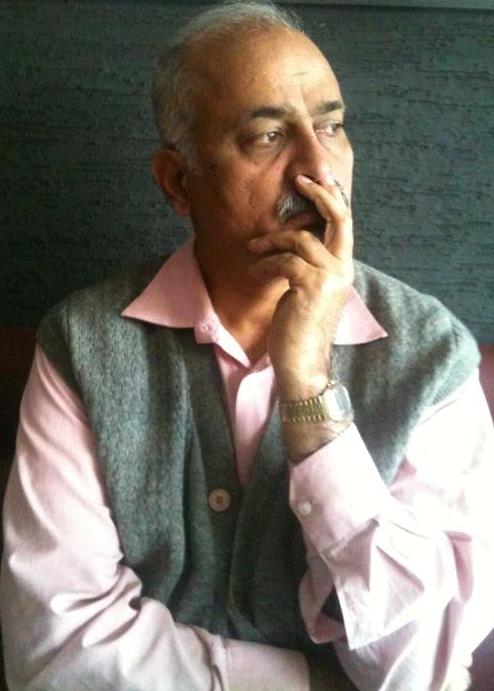
Blogs
TALACAUVERY AND BHAGAMANDALA ARE NOT PICNIC SPOTS, BUT SACRED PLACES
AN APPEAL: Journalist P.T. Bopanna is shocked by reports of tourists turning the holy places into spots for merry-making, garbage-dumping and a place for open cooking. Equally shocking is the callous attitude of the Kodagu district administration and local panchayat bodies in failing to discipline the tourists. This is an appeal going out to the tourists to respect the local sentiments and maintain cleanliness around Talacauvery, the birthplace of the sacred river Cauvery, and Bhagamandala, located on the foothills of Talcauvery, around 39 km from Madikeri.
Bhagamandala is the confluence of the sacred rivers of Cauvery and Kannike and legend has it that a third river Sujyothi, a subterranean stream, joins the two rivers. The Bhagandeshwara temple is located on the banks of the two rivers and is one of the important pilgrimage centers in Coorg. Pilgrims proceed to Talcauvery only after offering worship at Bhagamandala. It is customary for the Coorg men to shave their head at Bhagamandala in the event of a bereavement in the family.
The following is an interview given by Journalist Bopanna to Arre, an Indian entertainment content platform based in Mumbai, on what Cauvery means to people of Coorg.
EXCERPTS FROM BOPANNA’S INTERVIEW:
As a community of nature worshippers, we think of ourselves as the offspring of the river because it originates from our land. It courses through our lives, from the time we are born until the day we die. Every landmark, every momentous occasion is marked by some association with the Kaveri.
Like every Kodava, I went to Talakaveri – the source of the river in Coorg and a holy spot for us – after I got married. At all our wedding ceremonies, a prayer is offered in the name of the river and the family’s ancestors. After the wedding, we go for a dip in the holy water. Another time, I’ve felt a kind of vibration. The waters seem to have a kind of strength… I am an agnostic, but I still felt the positivity.
The Kaveri figures not just in Kodava celebrations, but also in our grief. It is invoked in death. At the 11th-day ceremony after a person dies, the male family members shave their heads and go to the Talakaveri after visiting the Bhagamandala temple, for another dip in the river’s purifying waters. At home, the corpse is laid out in the house for people to pay their last respects, accompanied by a pot of Kaveri water. Then, tulsi leaves are dipped in the water and put on the dead person’s lips, a way for the deceased to attain moksha. The path to the gates of heaven flows through the Kaveri.
And yet we remain Kaveri’s forgotten children.
The relationship between the river and our land spans back centuries and yet the river has never been ours. It flows down to the plains where Karnataka and Tamil Nadu wage war over it, riot over it, fight for it to further their industries without even acknowledging its holiness.
They don’t celebrate Kaveri Sankramana every year in October, we do. This is the time when water from a pond at the Talakaveri gushes out; this holy water is called thirtha. On Kaveri Sankramana day, a bott, or a post-like thing with creepers, is put in the fields, near wells, or manure pits. It’s the time of the year for children to go a little wild. The women, who perform the puje, keep dosas as offerings at all the botts. After all the prayers, we would run to all these dosas and eat them in secret.
The Kodavas come together for the Kani Puje, to thank Mother Earth for the bounty received from Mother Kaveri. And the irony is that we receive nothing. We are caught in an endless cyle of water shortage, triggered by deforestation and large-scale environmental devastation. But our worship of Kaveri never stops.
To date, children in Coorg grow up listening to stories about the river, which marks its presence even in our traditional dress.
According to one legend, the sage Kavera Muni chose Brahmagiri in Coorg to meditate. He prayed to Brahma for children, who granted his prayers by giving him a daughter in the form of Lopamudra (also called Kaveri).
Lopamudra married sage Agastya on the condition that he wouldn’t stay away from her even for a moment. So one day, Agastya put his wife in his kamandala, a water pot, and went for a bath. Lopamudra got so angry at this that she spilled out of the pot and started to flow like a raging river. She washed over all the Kodava women, who pleaded with her to stop her from leaving their land. The story goes that she washed over them with such force, that their saris swept from front to back. Even now, Coorg women pleat their saris at the back, instead of the front.
And yet our voices go unheard. Each successive Karnataka government has been unjust to Kodagu, withholding funds for the Bethri project, to supply water to Madikeri town from Kaveri. This project has been in the pipeline since the 1980s. The Harangi dam project, which is in Kodagu, has been conceived over the river Harangi, a tributary of the Kaveri. However, the water available for irrigation in Kodagu is only 607 hectares, out of 54,591 hectares of the total irrigation potential. Thirteen villages in Kodagu have been submerged in the building of this dam. We don’t even get drinking water in Madikeri, which is facing an acute water shortage. The lack of water and neglect of irrigation facilities is because Kodagu lost political clout after the erstwhile Coorg state merged with Karnataka in 1956.
We don’t ask for separate statehood. All we ask is that Kaveri’s own land, her own children don’t perish from thirst. Kodagu is in the main catchment area of the Kaveri; we already bear floods and damage to roads and communication.
Kaveri’s anger does not deter us. We will forever be her children. Even if nobody acknowledges us.

NEW FASHION TREND: SILVER SHINE FOR KODAVA (COORG) JEWELLERY
By P.T. Bopanna In keeping with changing trend, it has become a new fashion to customise the traditional Kodava gold […]

THE TRANSFORMATION OF KINGFISHER SUPERMODEL RADHIKA BOPAIAH
By P.T. Bopanna There is a wrong assumption that a professional model only has a body and no mind. And […]

